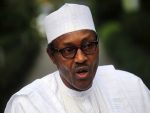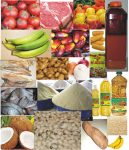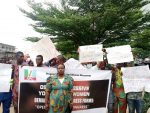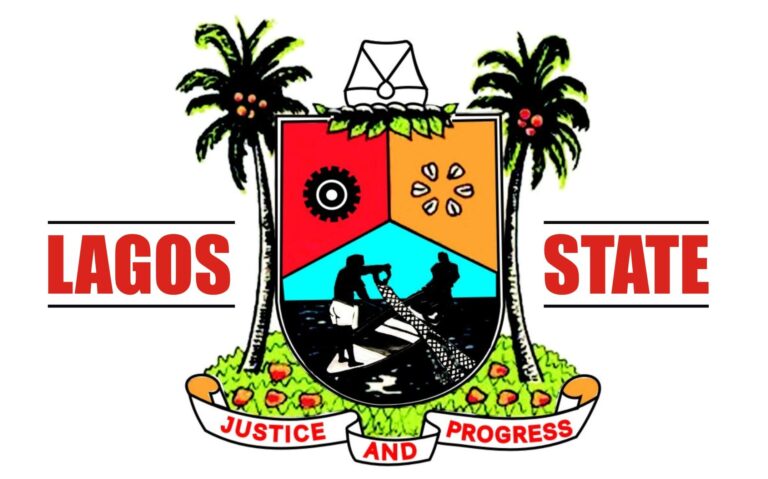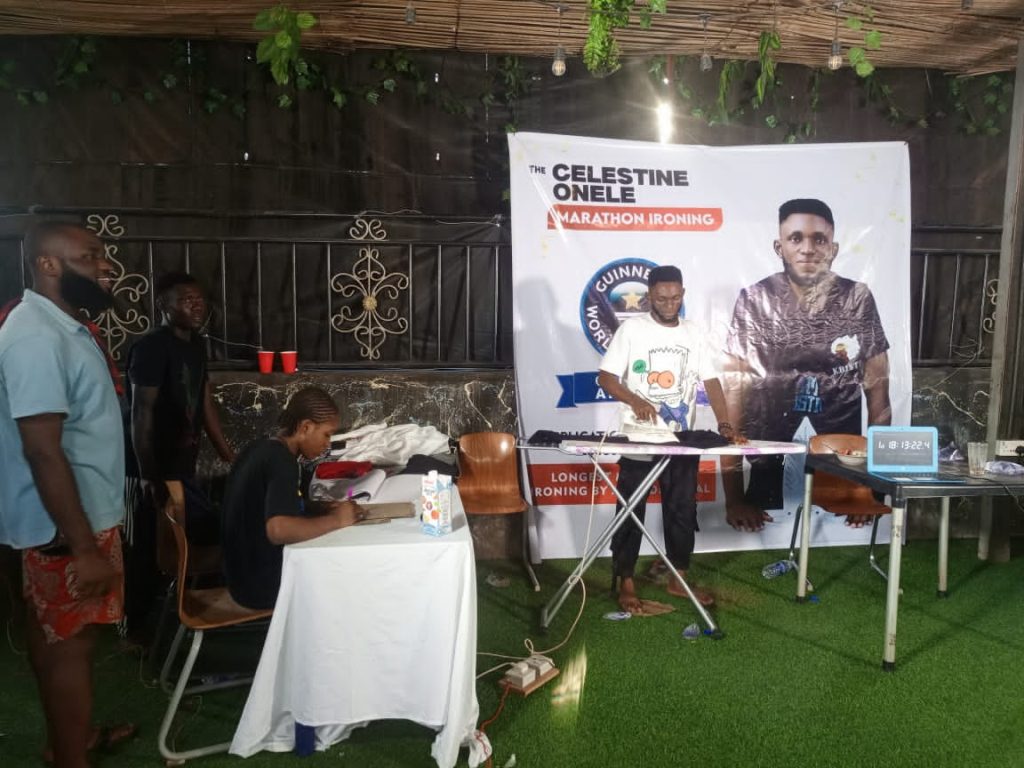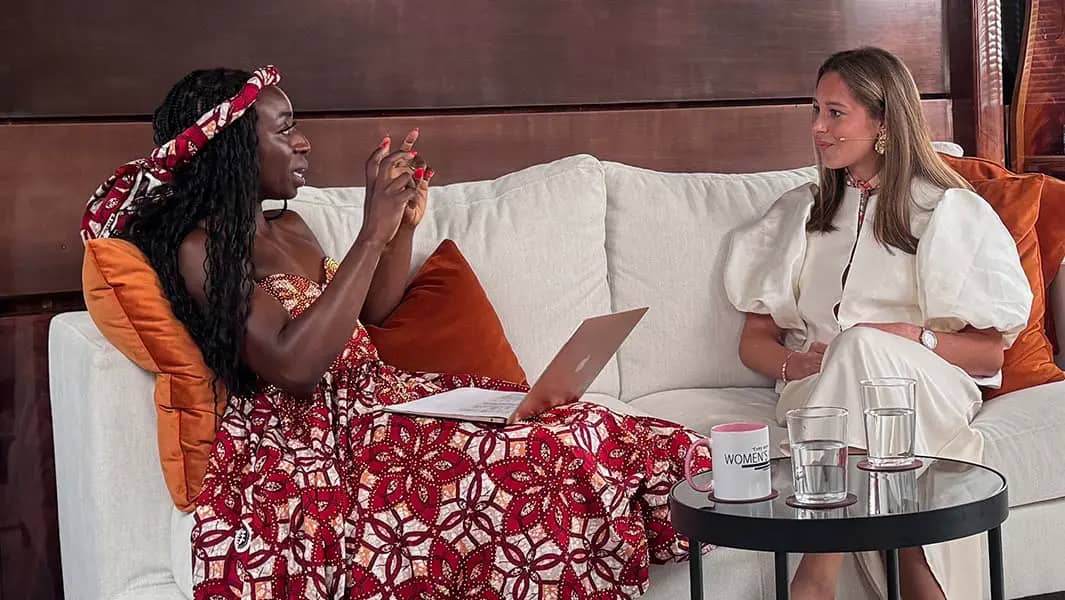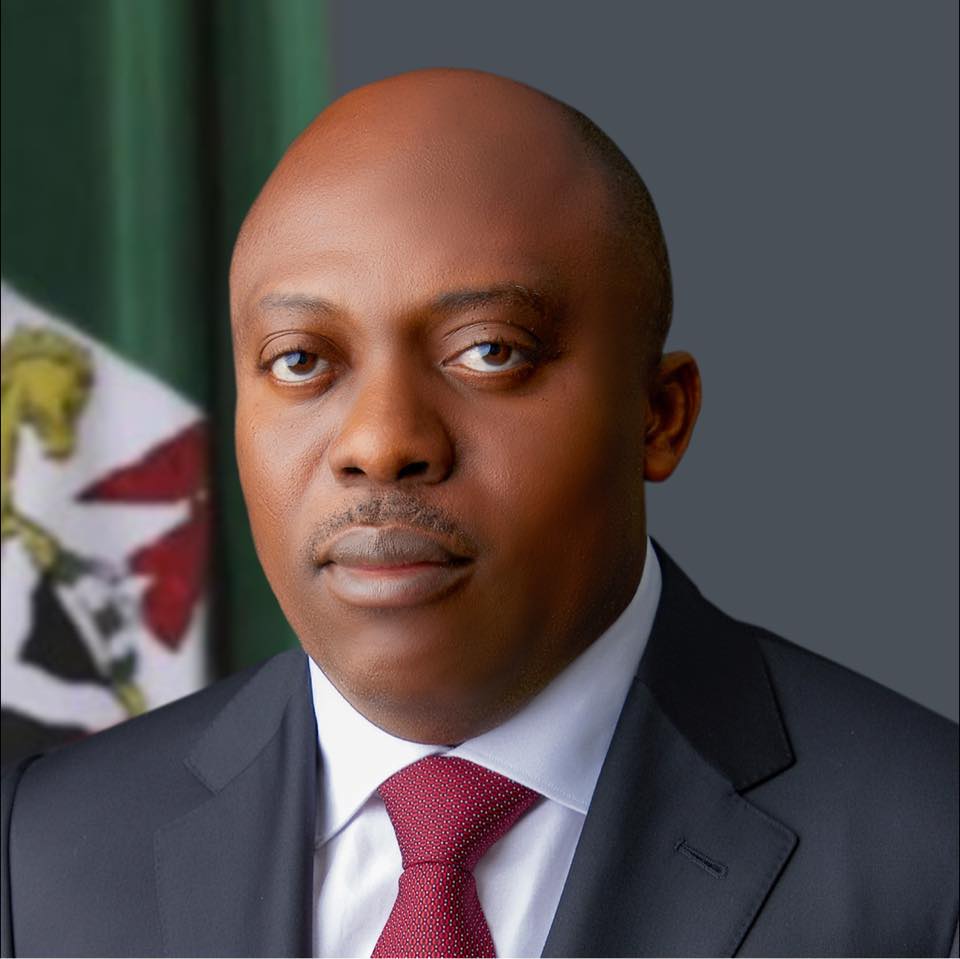POVERTY and Democracy are not the best of partners. Democracy is about majority rule and how to put it in place is through a political process called Election. Election is all about choice between many candidates contesting for public offices, which ordinarily should be free of manipulations and based on issues of development and social progress – betterment of the lives of the majority and society in general. The contestant most widely accepted and with the majority votes gets elected.
However, it is not as simple as stated. Right after Independence in 1960, the first attempt to hold an election all by ourselves, the multiplicity of manipulation gimmicks brought into play, led to chaos, collapse of the First Republic, military coup, counter-coup and civil war (all between 1963 and 1970), with untold casualties in properties and lives; from which precipitate crises and trauma we are yet to recover 60 years on. After 13 years of Military Rule, the Second Republic came in 1979 and just after the second election following the military hand-over, the same scenario of electoral manipulation, allied with corruption and socio-economic retrogression, led to similar end to the Second Republic in 1984; this time a bloodless coup minus the civil war.
The Third Republic, mis-midwived by President Ibrahim Badamosi Babangida, was stillborn due to electoral and political rigmaroles, leading to the annulment of the freest and fairest election in Nigeria, so to speak. A dark period of military dictatorship headed by General Sanni Abacha followed until he was checkmated in death and General Abdulsalami Abubakar superintended the birth of the Fourth Republic, which has run almost 24 years uninterrupted with Four General Elections and the fourth President now the incumbent.
From 1999 return to democracy, there has been a steady cleanup and improvement in election processes but rather than an equally steady return to issue-based politics and free, fair elections, majority of the politicians, with very few exceptions, have only steadily improved their ingenuity in manipulating the process and the electorate. While not entirely abandoning electoral violence, results alterations, etc, the most worrisome rigging trend today is the heavy influence of money and vote buying, right from the internal elections within political parties to the general electoral contest between parties. With unremitting poverty and worsening quality of life amidst huge gap between the extremely rich and the majority poor, the prospect of objective assessment of contestants and free choice by voters remains remote.
However, there are several examples to be held up of Nigerians who showed great courage in the face of the crushing effect of the economy and allowed their good senses to prevail over their want of money. On the September 25, 2020 edition of the TVC Programme, Your View, a Nigerian, Mr. Augustine, an Okada rider from Oghara Area of Delta State was celebrated for returning N700,000 forgotten with him to the owner. A Keke rider in Jalingo, Mr. Usman returned N1,150,000 to its owner; Mr. Olayinka Adeniyi, a cab operator at Murtala Mohammed International Airport in Lagos returned $2,400 to the authorities; Mr. Adekunle, an Uber Driver in Lagos returned $700 belonging to an American lawyer passenger he chauffeured, Rogelio Garcia, who forgot it in his cab, similarly as Francis Sunday Adedokun, another uber driver, returned $4,000; and one of the most celebrated cases, mentioned and rewarded on the floor of the last Senate and received commendation by the Governor of Adamawa: a security man with United Bank of Africa (UBA), Mr. Ibrahim, who returned $10,000 misplaced by a bank customer, which he found. None of the millions of poor voters in Nigeria, and they are the majority, will ever be bribed anything close to what these Nigerians have found and voluntarily returned.
Rather than through enforced policies and legislations as been unsuccessfully attempted now, complete electronic voting system (by Nigerians home and abroad, including service men), expected sooner than later, is one hope for drastic reduction in the negative influence of money in politics. Nevertheless, given our experience of how the majority of the political players have continuously re-invented their manipulation acts over the ages, taking it to ever greater heights, the final solution is a determination within each and every one of us to embrace a new orientation towards money in general and money-politics particularly, especially when the survival and progress of society is at stake. For those who collect money to vote and act against their conscience, they need to ask how far that money of yesterday and yesteryears have gone in solving their needs today, compared to the no-man’s-land of underdevelopment, violence and crime the consequent bad leadership installed has landed Nigeria today – in which all of us, rich and poor, are now potential victim.


